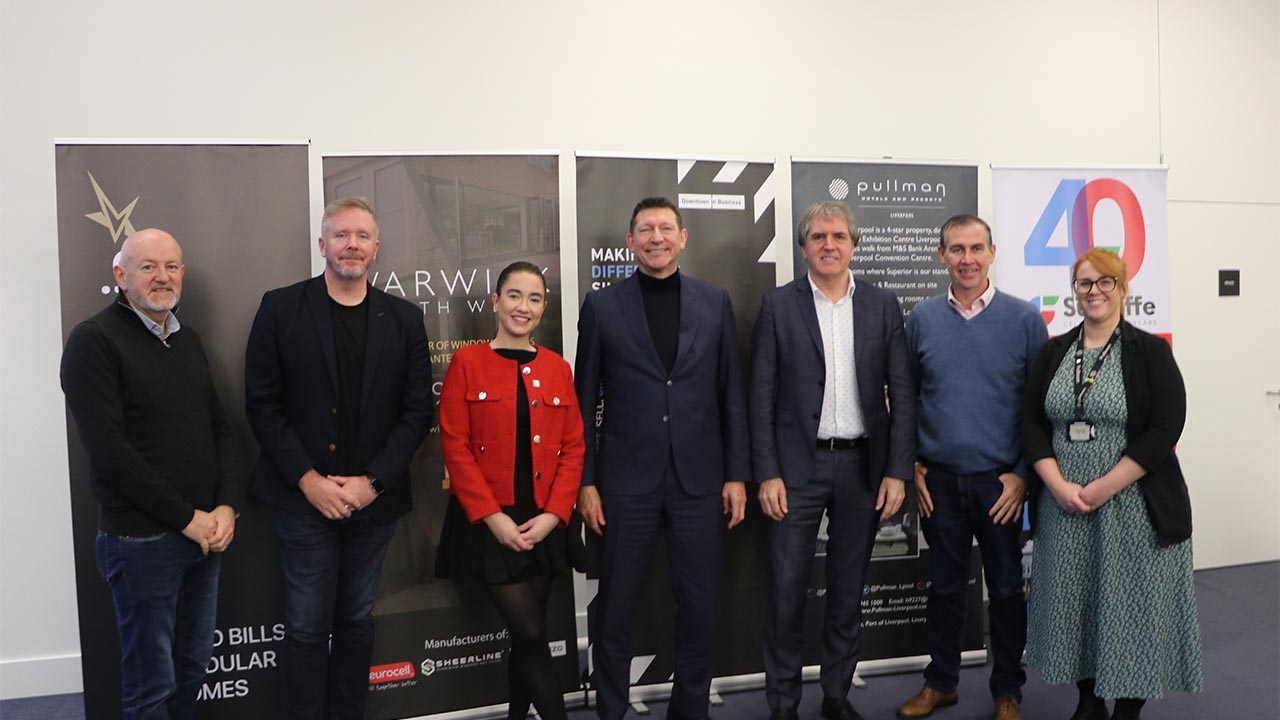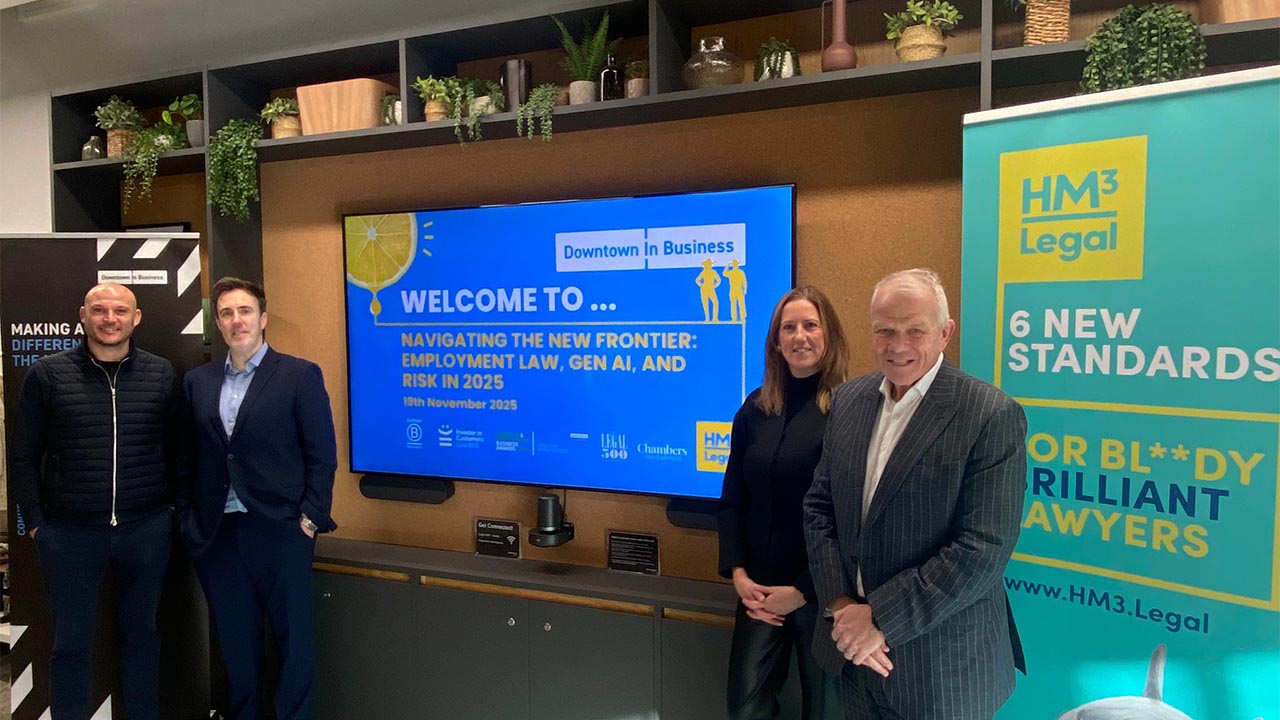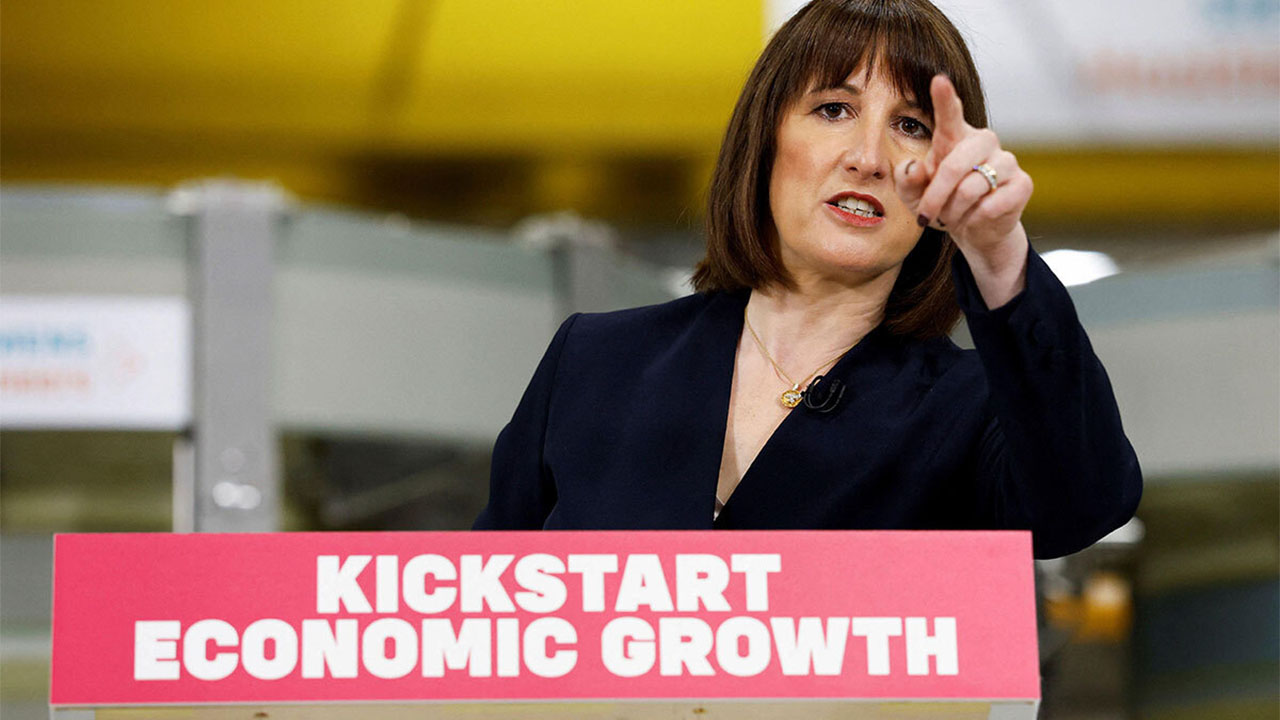A new campaign calling for digital skills passports to be mandatory on all publicly-funded construction and infrastructure projects launched today on the 9th October 2025
Backed by leading contractors, training bodies and public sector clients across the UK, the “Build Smarter: Mandate the Skills Passport” campaign is urging Government to make digital credentials mandatory to boost safety, tackle skills shortages and increase productivity.
“The technology is here and it’s already being used on some of the UK’s largest projects – what’s missing is what’s missing is policy leadership” said Paul Devlin, CEO of Causeway Technologies, which is spearheading the campaign alongside Downtown in Business.
“If we’re serious about modernising construction, this needs to become the industry standard, not just best practice.”
The campaign proposes Causeway Skills Passport – a proven digital platform already used by over 9 million registered workers – as the national standard for verifying worker skills, competencies and H&S credentials in real time.
It powers the Network Rail Sentinel system (the world’s largest health and safety passport programme) and the Highways Passport scheme, among others, providing critical infrastructure with secure, reliable workforce data.
“If this were agriculture, we’d know exactly which cow produced the milk in your fridge. Why should construction be any less accountable?
At the very least, we should know who’s on site, what they’re qualified to do, and whether they’re safe. It’s just common sense,” added Devlin.
A formal policy proposal has already been submitted to the Cabinet Office, DLUHC and Department for Education. The campaign will be supported by regional lobbying, business roundtables, and parliamentary briefings in the months ahead.
Frank McKenna, Chief Executive of Downtown in Business, said:
“The skills passport is a simple, scalable solution. It doesn’t add red tape – it cuts through it. Mandating it would deliver a safer, more productive construction sector and help tackle the UK’s chronic skills gap.”









